Medical Surgical Nursing Assessment and Management of Clinical Problems 10th Edition – Test Bank
Chapter 03: Health History and Physical Examination
Lewis: Medical-Surgical Nursing, 10th Edition
MULTIPLE CHOICE
1. A patient who is actively bleeding is admitted to the emergency department. Which approach is best for the nurse to use to obtain a health history?
|
a. |
Briefly interview the patient while obtaining vital signs. |
|
b. |
Obtain subjective data about the patient from family members. |
|
c. |
Omit subjective data collection and obtain a physical examination. |
|
d. |
Use the health care provider’s medical history to obtain subjective data. |
ANS: A
In an emergency situation, the nurse may need to ask only the most pertinent questions for a specific problem and obtain more information later. A complete health history will include subjective information that is not available in the health care provider’s medical history. Family members may be able to provide some subjective data, but only the patient will be able to give subjective information about the bleeding. Because the subjective data about the cause of the patient’s bleeding will be essential, obtaining the physical examination alone will not provide sufficient information.
DIF: Cognitive Level: Apply (application) REF: 40
TOP: Nursing Process: Assessment MSC: NCLEX: Health Promotion and Maintenance
2. Immediate surgery is planned for a patient with acute abdominal pain. Which question by the nurse will elicit the most complete information about the patient’s coping-stress tolerance pattern?
|
a. |
“Can you rate your pain on a 0 to 10 scale?” |
|
b. |
“What do you think caused this abdominal pain?” |
|
c. |
“How do you feel about yourself and your hospitalization?” |
|
d. |
“Are there other major problems that are a concern right now?” |
ANS: D
The coping–stress tolerance pattern includes information about other major stressors confronting the patient. The health perception–health management pattern includes information about the patient’s ideas about risk factors. Feelings about self and the hospitalization are assessed in the self-perception–self-concept pattern. The intensity of pain is part of the cognitive–perceptual pattern.
DIF: Cognitive Level: Apply (application) REF: 37
TOP: Nursing Process: Assessment MSC: NCLEX: Psychosocial Integrity
3. During the health history interview, a patient tells the nurse about periodic fainting spells. Which question by the nurse will best elicit any associated clinical manifestations?
|
a. |
“How frequently do you have the fainting spells?” |
|
b. |
“Where are you when you have the fainting spells?” |
|
c. |
“Do the spells tend to occur at any special time of day?” |
|
d. |
“Do you have any other symptoms along with the spells?” |
ANS: D
Asking about other associated symptoms will provide the nurse with more information about all the clinical manifestations related to the fainting spells. Information about the setting is obtained by asking where the patient was and what the patient was doing when the symptom occurred. The other questions from the nurse are appropriate for obtaining information about chronology and frequency.
DIF: Cognitive Level: Apply (application) REF: 35
TOP: Nursing Process: Assessment MSC: NCLEX: Health Promotion and Maintenance
4. The nurse records the following general survey of a patient: “The patient is a 50-year-old Asian female attended by her husband and two daughters. Alert and oriented. Does not make eye contact with the nurse and responds slowly, but appropriately, to questions. No apparent disabilities or distinguishing features.” What additional information should the nurse add to this general survey?
|
a. |
Nutritional status |
|
b. |
Intake and output |
|
c. |
Reasons for contact with the healthcare system |
|
d. |
Comments from family members about his condition |
ANS: A
The general survey also describes the patient’s general nutritional status. The other information will be obtained when doing the complete nursing history and examination but is not obtained through the initial scanning of a patient.
DIF: Cognitive Level: Understand (comprehension) REF: 39
TOP: Nursing Process: Assessment MSC: NCLEX: Health Promotion and Maintenance

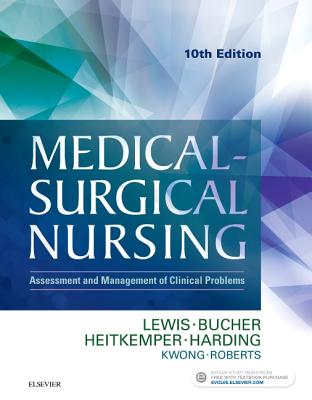






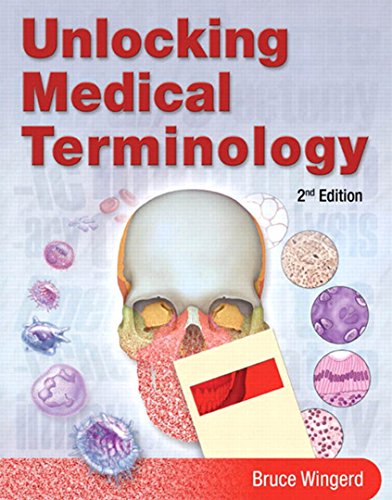
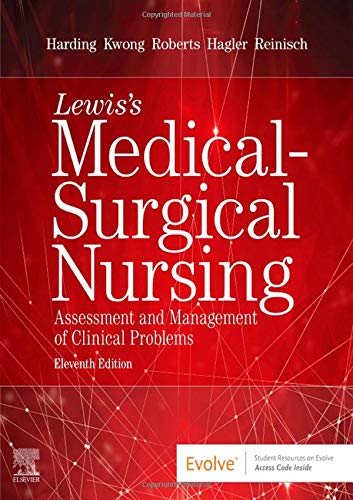
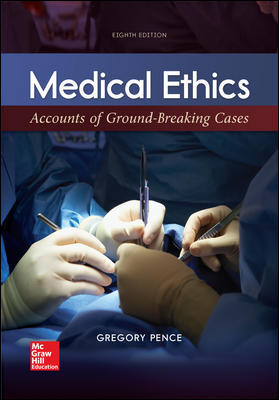
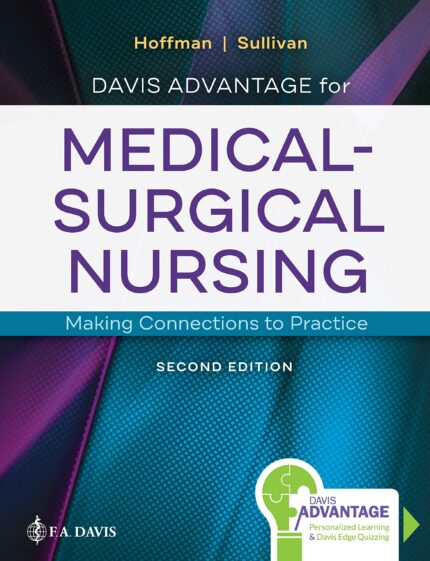

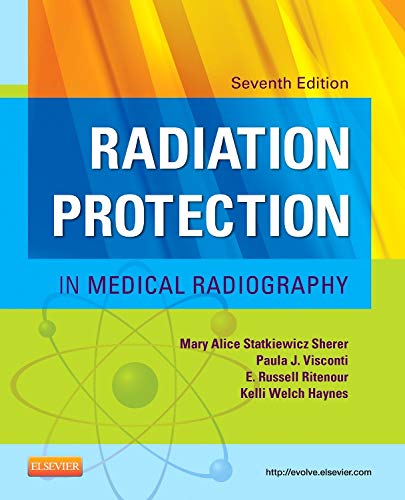
Reviews
There are no reviews yet.